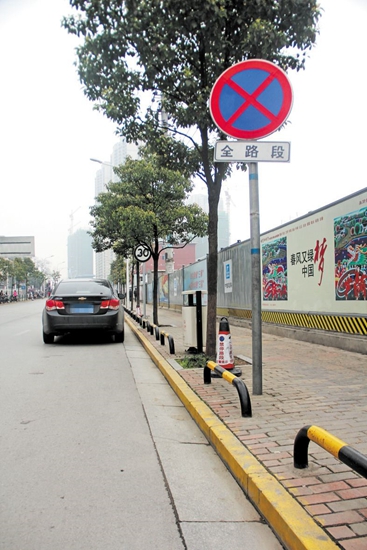China punishes Weibo for porn
Weibo, a Chinese Twitter-like service, has been punished for spreading pornography, as part of a nationwide crackdown, the anti-pornography authority said Friday.
The National Office Against Pornographic and Illegal Publications in February launched a new round of its national campaign against the production, sale and distribution of illegal publications and online erotic content that could affect juveniles.
Investigators found that Weibo started providing audio-visual programs in February 2015 without obtaining a license, and such content contained obscene videos.
Weibo was fined 30,000 yuan (4,359 U.S.dollars) by Beijing administrative law enforcement, and required to immediately rectify the problem.
The office asked all online service providers to learn lessons from the Weibo case, tackle pornography and shut down accounts with illegal content.

